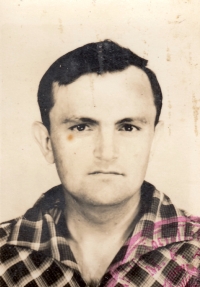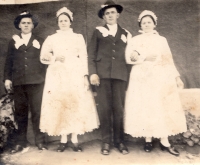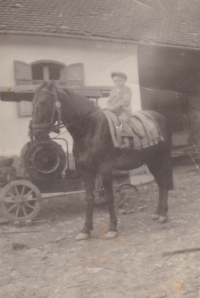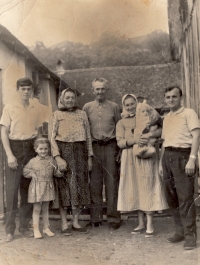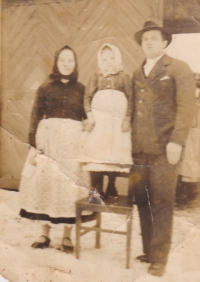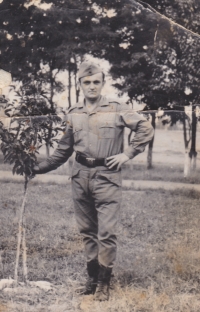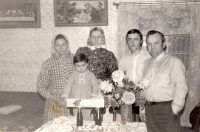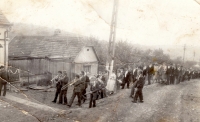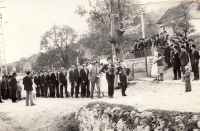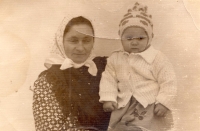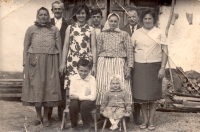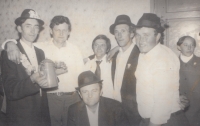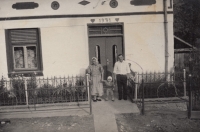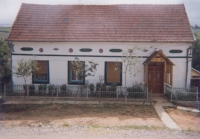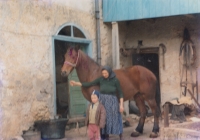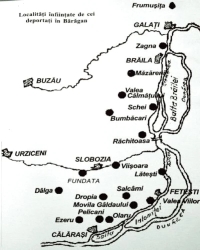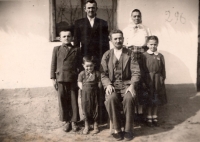Several autumn rains have shown us that you can’t live without shelter in Bărăgan
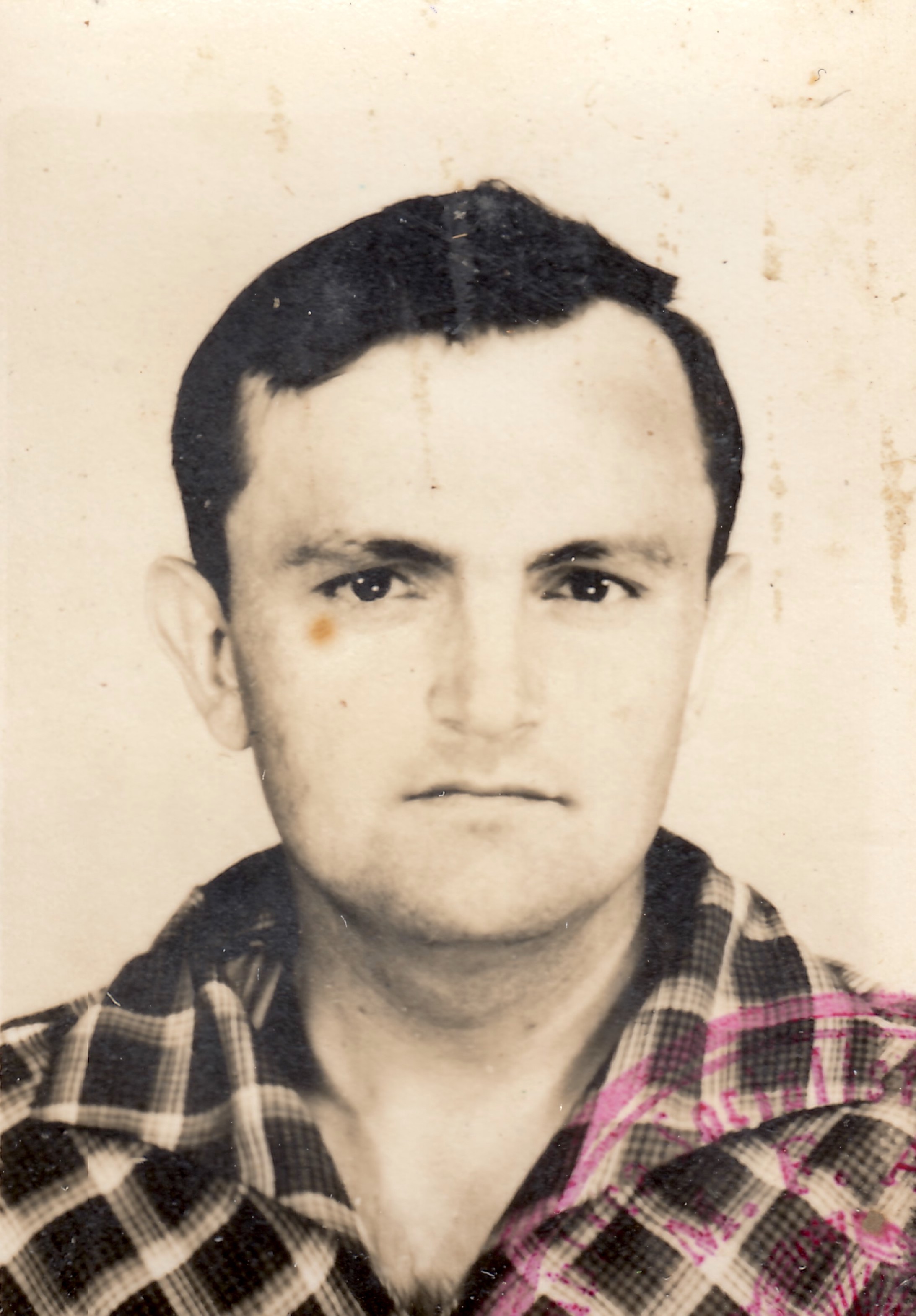
Download image
Alois Bradáč was born on 23 March 1943 in the Czech village of Gerník in the Romanian Banat. He grew up in a farmer family with two younger siblings, his father worked as a veterinarian and his grandfather owned a forge and distillery. In June 1951, the five-member Bradac family was destined for deportation to the Bărăgan region, where the communist regime had concentrated more than 40,000 inhabitants of western Romanian Banat, including several other families from Gernik. The soldiers detained them at night and within hours the family had to prepare for displacement. Between 1951 and 1956, they survived in inhuman conditions on the vast plains near the town of Călărași. The deportees suffered hunger, thirst, disease and isolation. The Bradacs first lived in an earthen house and later built a hut made of wood. The father of the family, sentenced to five years for not surrendering his arms, was sent to work on the construction of the Danube-Black Sea water canal, where a large number of political prisoners worked and died. He returned in 1953. Additionally, his grandfather from Gernik also awaited deportation to Bărăgan. Here, the witness attended a school built by the deportees, in which, in addition, his mother worked as an auxiliary. After returning to Gernik in 1956, the Bradacs had to wait at least another two years before they were allowed to reoccupy their devastated farm. The witness attended school in Nová Moldava and from 1961 worked at the local national committee. He applied for membership in the Communist Party, but his admission was not granted. He lived in Gernik until 2007, after which he moved to the Czech Republic, where his younger brother had gone earlier. He was financially compensated by the state for his deportation to Bărăgan after 1989. At the time of filming, in December 2023, he lived in the Pilsen region.
